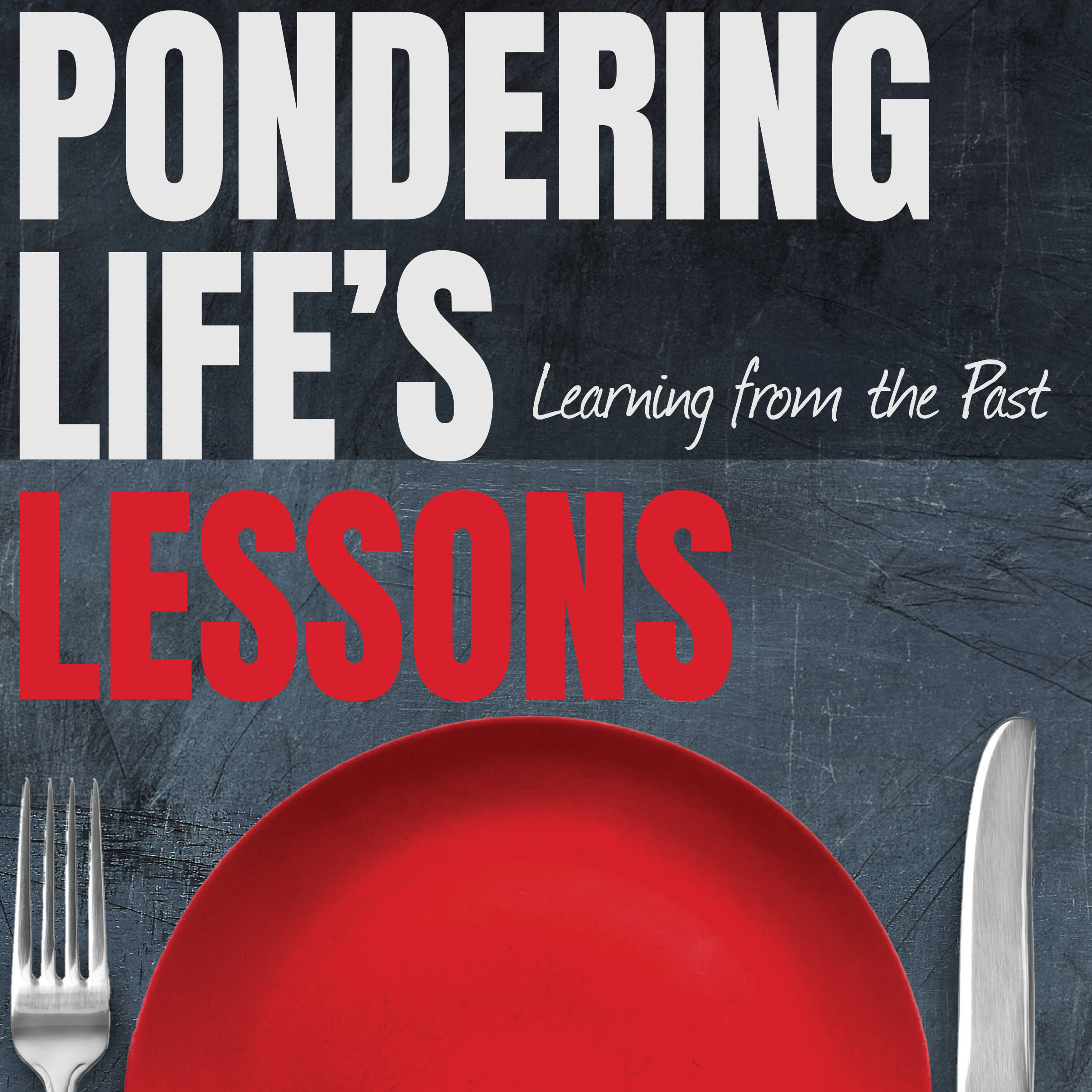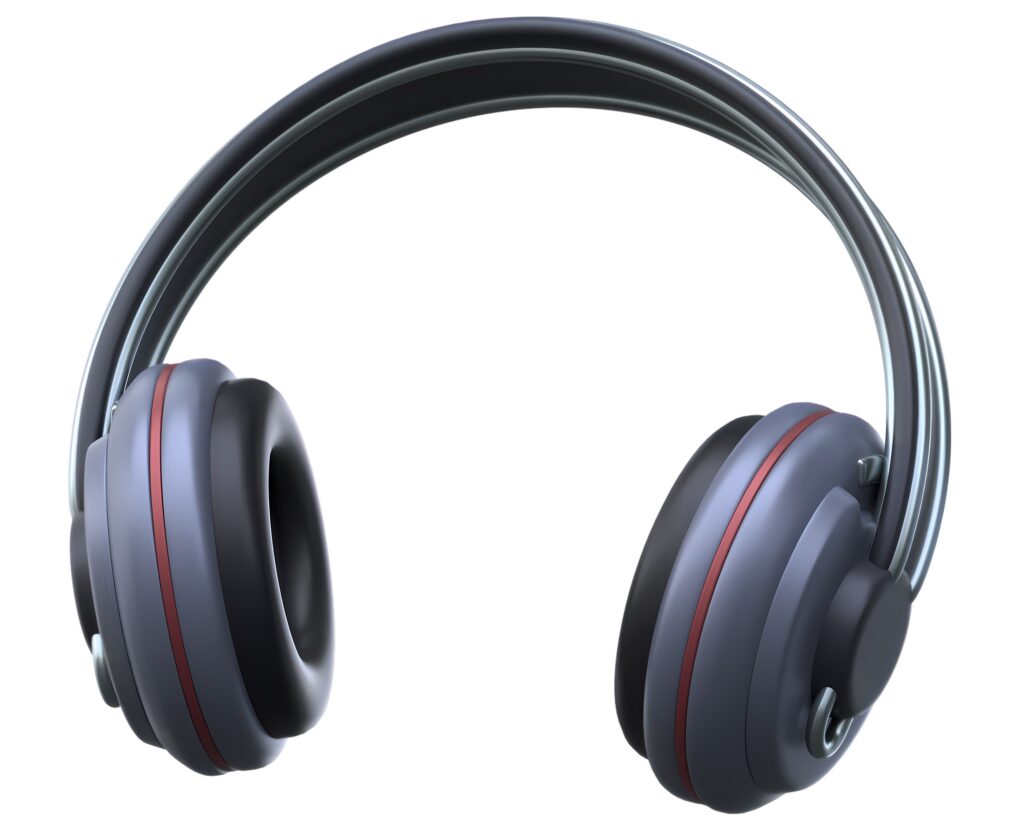“Cuba has had a democratic centralist political system embodied in the “one state – one party” principle since 1959. Constitutionally, Cuba is a socialist country ruled by the dictates of Marxism. The Communist Party of Cuba is the leading force both at the society level and in the state. The government has three branches as stipulated by the Constitution of Cuba: The judiciary, executive, and legislature. Even so, the official party controls almost every sector in Cuba including the media. As such, many bodies around the world label Cuba as a Soviet democratic country.”
There’s No Press Two
I’m not a world traveler so when the trip to Cuba materialized that was one giant leap for this man. It’s not that I don’t like to travel. Traveling abroad has not been on my bucket list. I’ve been to Canada, Mexico and the Caribbean, but that’s it.
I sometimes get annoyed when I make a call and the voice on the other end of the line asks me to press one for Spanish and two for English. There’s no pressing two in Cuba. Everything is written in the native tongue which is what I expected. You need to study up on your basic Spanish if you hope to find a bano and you should seriously consider bringing your own el papel higienico.
Biggest Takeaways
We took a two hour tour of Havana by “vintage car”. If you own an American made car in Cuba, the most recent model year that you own is 1959. Many convertibles from the late 50’s are used to haul tourists around. Some cars of this vintage are still owned and operated for personal purposes by the citizens of Havana.

If you drive a newer car, it is from Europe or Japan.
The bodies of the American cars have been very well kept. The interiors are original, but many used for hauling visitors have plastic covering on the seats like some grandmothers use to protect their upholstery. Some owners have upgraded the wheels, but there are no new shocks on any of the vehicles we rode in.
I was surprised by the condition of many of the buildings. They haven’t been updated, and several are simply falling apart. You can see that most were beautiful when they were first built, but hundreds are starting to fall in on themselves. They lack the simplest of care, and as a result, many have deteriorated to a state that makes them uninhabitable and, perhaps, unsalvageable.
I don’t know if the demise of the once wonderful architecture is the result of the Castro brothers’ governmental neglect, or the prior administration of President Batista, but someone is at fault.
We were told that everyone in Cuba has a job. Most people work for the government.
Most Cuban children with only a “Secondary School Diploma” will work in the fields farming helping to make Cuba’s famous cigars – or as a sugar cane planter. Both of these jobs are very hard labor and so some people avoid them by becoming full time members of Cuba’s army, which is really the only other choice they used to have.
Recent advancements in the Cuban economy, especially for tourist related work, means that Cubans with only a “Secondary School Diploma” can now work in tourist related jobs like waiters, bartenders, bus drivers, train drivers, or one of the many hotel related jobs. If they are lucky, and can speak English well, they may even get to join the management training program of one of the hotels.
Higher education is an option in Cuba and that leads to better paying jobs. Whatever they do, there is a very strong chance that they will be working for the Cuban government as most of the companies in Cuba are state-owned.
Money – Money – Money
Cash is king. American’s cannot use credit or debit cards in Cuba. I was told by our travel agent that locals would accept American currency so I should bring small bills – singles and fives. That didn’t prove to be true. All of the locals wanted Cuban currency.
The current exchange is one dollar for each peso. As we parted the ship I exchanged one hundred dollars for Cuban pesos. I received eighty-seven dollars in return. I expect that the Cuban government pocketed the thirteen dollars held in the transaction. The same thirteen percent fee was withheld when you returned your Cuban pesos for American dollars. (A guy could go broke simply passing the money back and forth through the exchange window.)
TBC

